Wincanton taps AssetFloow technology to optimise inventory management and improve demand forecasting
AssetFloow, a Portuguese company specialising in behaviorial and predictive artificial intelligence, has announced a collaboration with Wincanton, a logistics and supply chain management firm in the UK.
AssetFloow, which was founded in 2021, develops solutions that analyse and predict behaviours and consumption patterns, helping companies make informed decisions and plan with greater accuracy.
Through the tie up, Wincanton will tap AssetFloow's analytics to optimise inventory management, improve demand forecasting, and increase the efficiency of logistics operations.
"We believe that our behaviorial and predictive AI technology will bring a new era of efficiency and predictability to logistics, enabling Wincanton to offer even more reliable and customer centric services," says Katya Ivanova Santos, CEO at AssetFloow.
"This collaboration represents an important step in our mission to provide AI solutions that create real value for businesses.”

Funding round
Last year, AssetFloow closed a €1.5 million investment round.
With this backing from GED Ventures, it is aiming to triple its R&D team in Portugal, accelerate expansion in Europe and South America, and consolidate its position in the behavioural analytics market.
This was its first equity round (in 2021, it received a €100K SAFE note).
Ivanova said at the time: “We are revolutionising the way retailers analyse what's going on inside physical stores.”
“There has never been a solution on the market capable of helping retailers understand consumer behaviour by store or cluster of stores in real-time and at scale, without compromising privacy.”
“One of our clients in Europe, for example, needed to hire a team to manually track consumers in their stores, generating manual heatmaps based on people's paths, which cost tens of thousands of euros per week.”
“With AssetFloow, the same client was able to obtain the same results in seconds. In Brazil, the platform was able to detect behavioural changes three months in advance compared to the retailer's team, which contributed to increasing sales in a scenario of strong inflation impact."



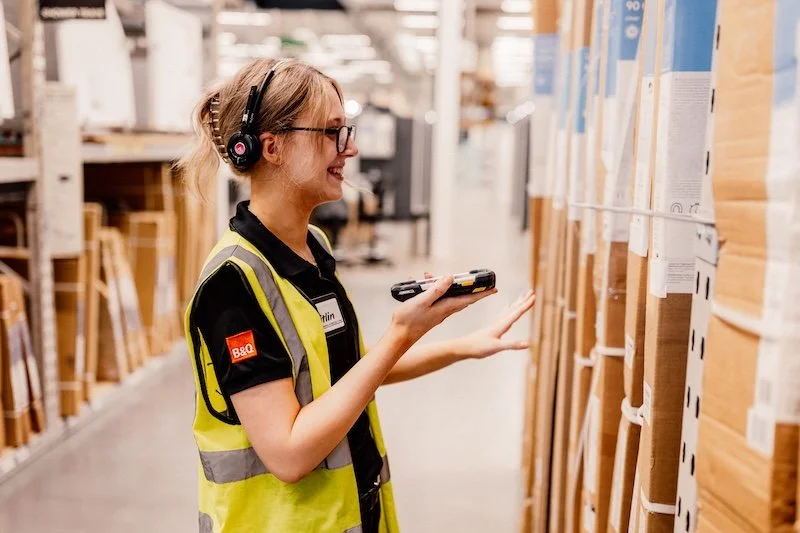
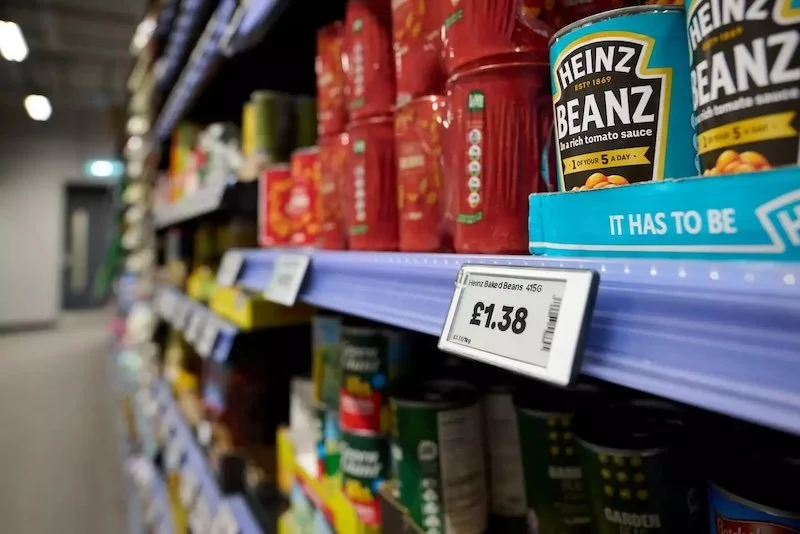












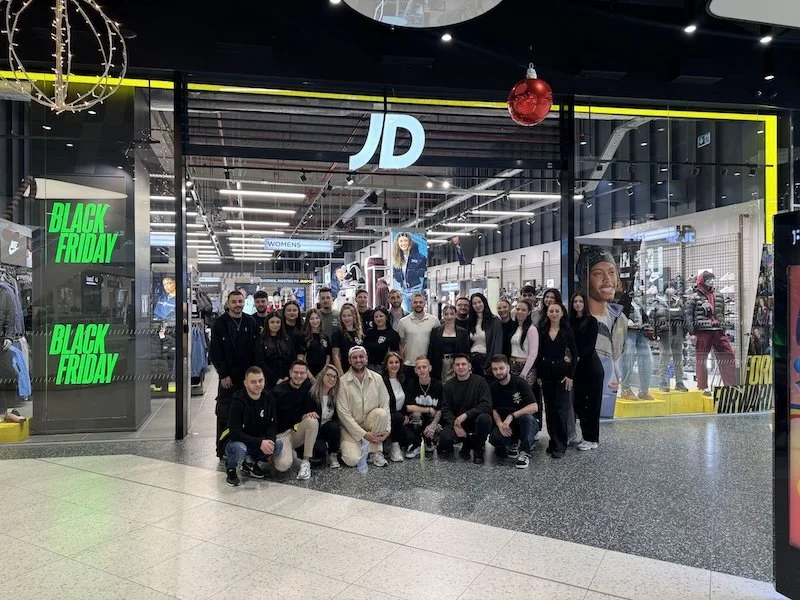

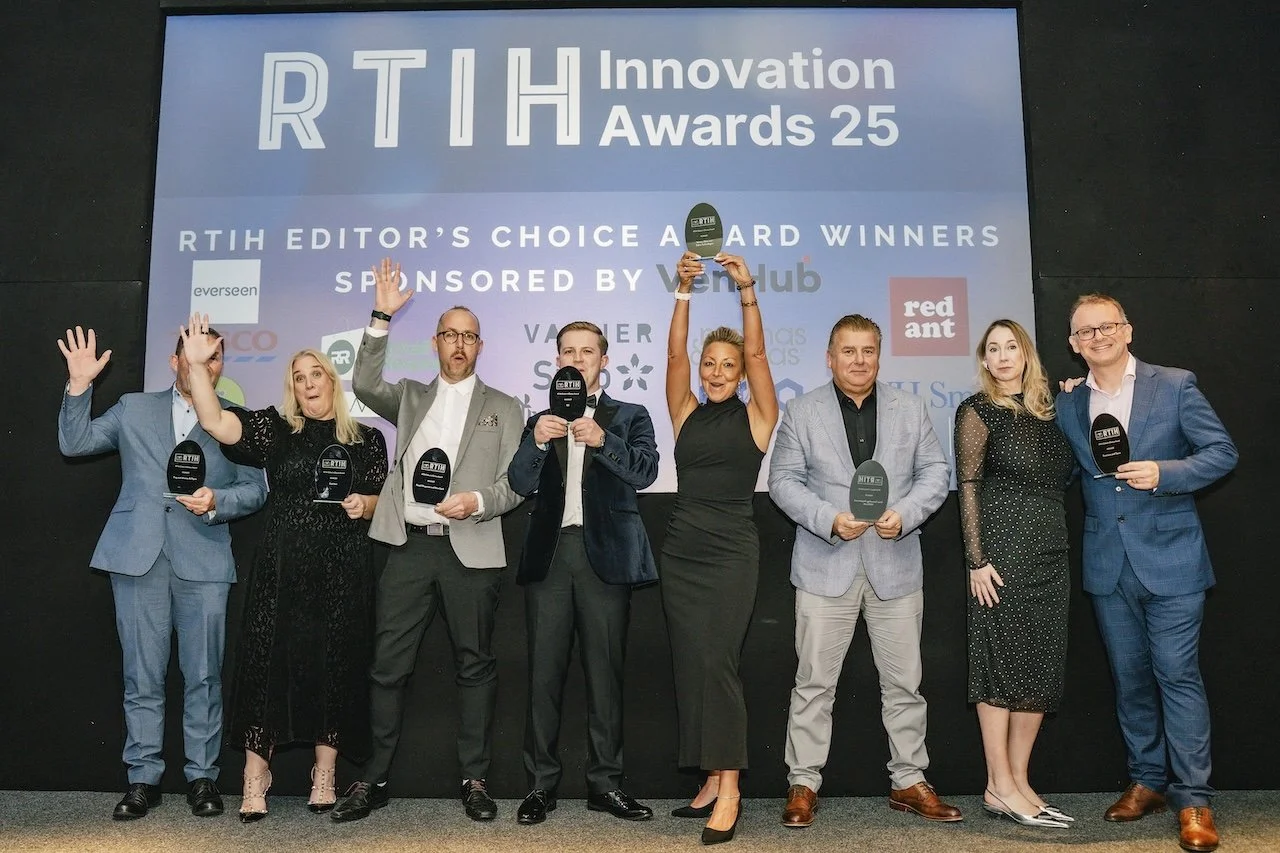

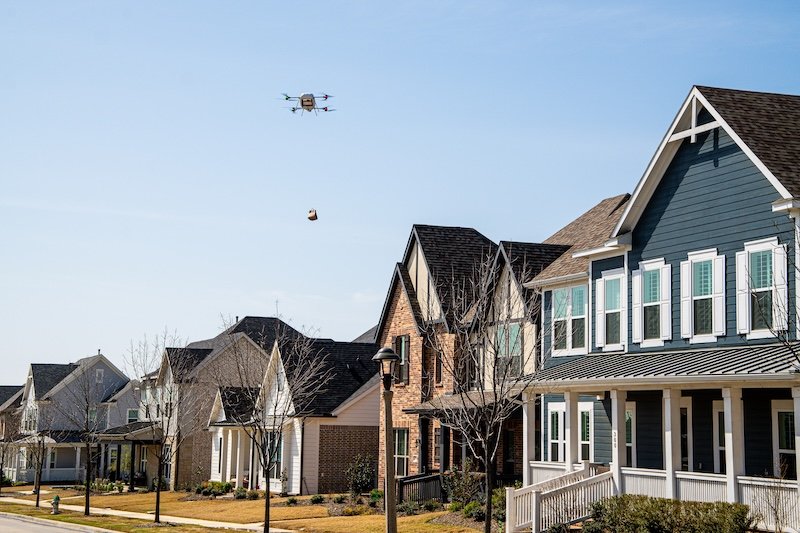



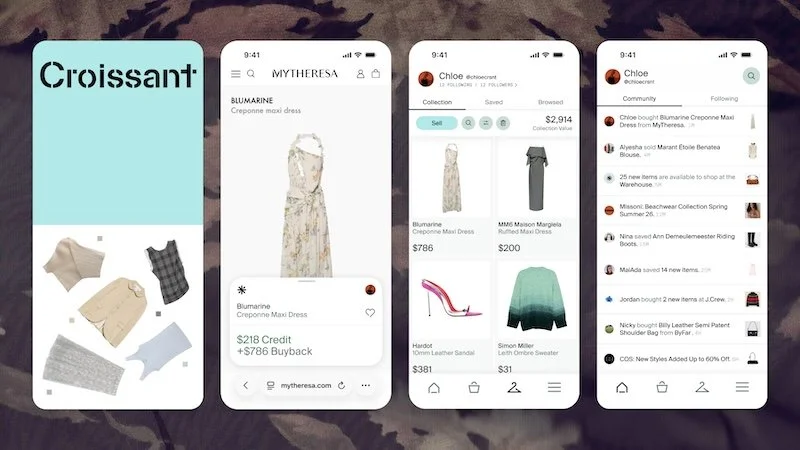


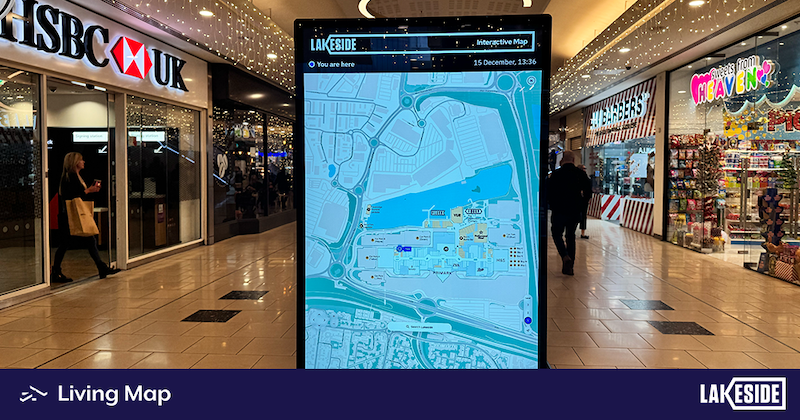

Continue reading…